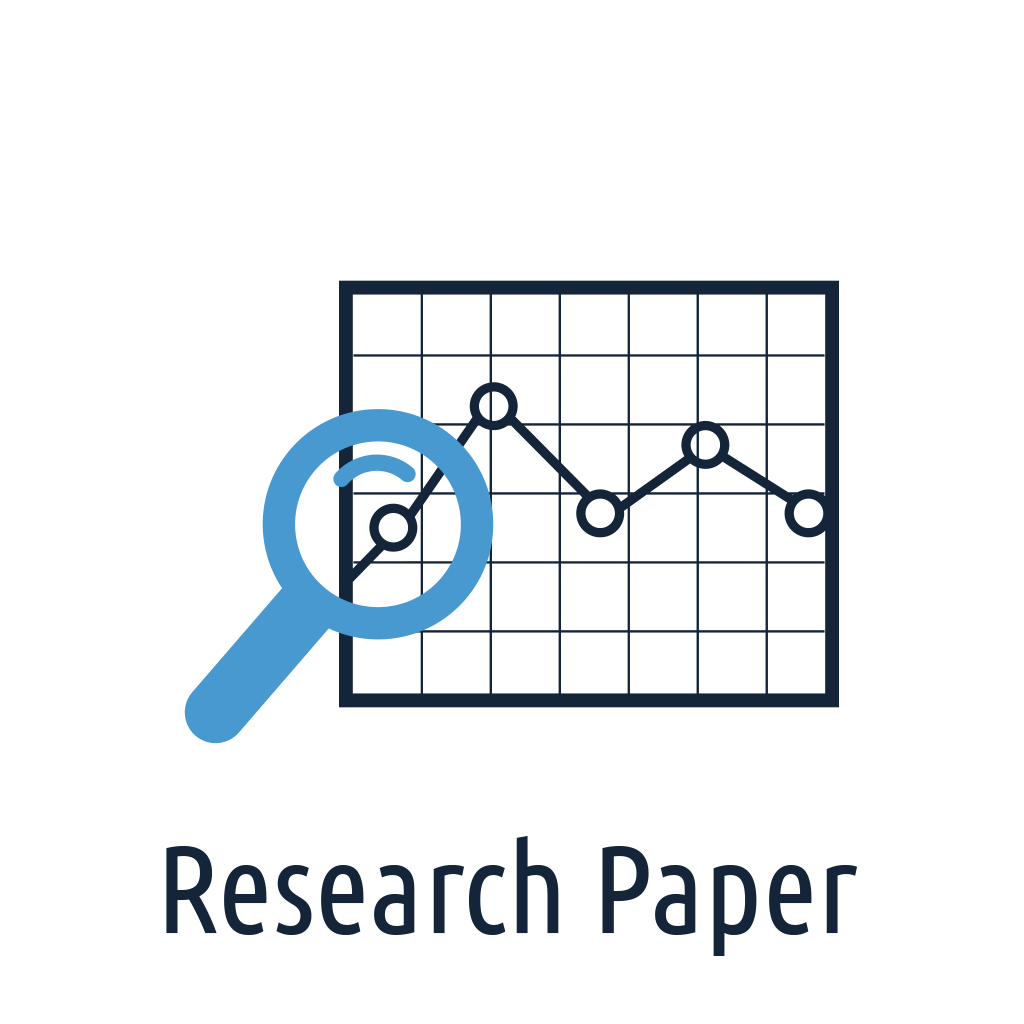Submission types at SEFI 2019
Full Papers - submit your revised version by 30 April 2019
Guidelines for preparation and upload
Please note that after 30 April your full paper will undergo a double-blind peer review process. You will receive a notification of acceptance or rejection no later than 22 June 2019. If your article is accepted, you may submit the revised and final version of your article until 2 August.
You can find the template for full paper here. The template contains important guidelines on how to prepare the full paper.
In addition, authors shall consider the following guidelines BEFORE uploading the full paper in ConfTool:
- Please do not “create new submission” when you wish to upload the full paper. This action will generate duplicate files! Your full paper ID has been automatically created in the system once your abstract was accepted and you can access it under “Your submissions”.
- Upload a Word file. Please upload a PDF ONLY if you are uploading a LaTeX-compiled PDF file. The paper text must not exceed a maximum of 10 pages and shall contain a minimum of 4 pages, including title page, figures and tables. References and appendixes are excluded from this count. You shall aim at 8 pages as ideal length.
- Name your file with the surname and name of the first author (Surname_Name).
- Check that the file does not contain names of the authors and affiliations in your submission (by 30 April). If your article is accepted, you will add the names and affiliation when you upload the final paper (by 2 August). You may add your ORCID (Open Researcher and Contributor ID) as well.
- Choose your preferred session format. Note that the reviewers may suggest a different format, if they find it more appropriate .
Review criteria for concept and research papers
This set of review criteria will be applied to the concept papers:
- existing scientific literature in the field
- theories and/or conceptual framework used
- appropriate context
- rationale for the work
- scope of the work
- methodological approach
- findings and conclusions
- perspectives and new ideas in the field of Engineering Education
This set of review criteria will be applied to the research papers:
- rationale of the study (background / introduction)
- methods & research design (appropriate methods)
- data analysis and results
- interpretation and discussion of results
- conclusions
- impact on Engineering Education
- recommended interventions to develop Engineering Education
- significance for Engineering Education
- is the study an original study and reflects good practice in Engineering Education Research?
Workshops - submit your revised version by 30 April 2019
The submission and review process of workshops differ from full paper contributions. This is due to the nature of a workshop session, which lasts 90 minutes.
Workshops proposals were submitted in the form of an extended abstract (maximum 500 words) until 19 March 2019.
Authors of accepted abstracts will submit a revised version (max 1000 words) until 30 April. Your revised version will undergo a double blind peer review process, running in parallel to the review process for the full papers. You will be notified about the final acceptance by 22 June 2019.
The accepted workshops will be part of the conference proceedings. At the conference, during the workshop sessions, authors and participants will discuss and reach some conclusions. It will be possible to include these valuable results in the conference proceedings by submitting a revised version in ConfTool until 30 September 2019.
The structure of a workshop shall address the following questions:
- what are session participants expected to learn? (motivation & learning outcomes)
- why is the session relevant? (background and rationale of the session)
- how are session participants activated? (engagement of and interaction with session participants in alignment with expected learning outcomes)
- how will results be summarized? (take home message for session participants)
- how is this work significant for Engineering Education?
- How attractive the topic could be for the audience (how many participants could there be? Is the title conveying the topic of the workshop in a concise, sharp way?)
- How engaging the session is (authors shall explain how they plan to organize the session and what the participants are expected to do and learn).





